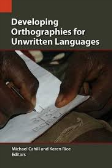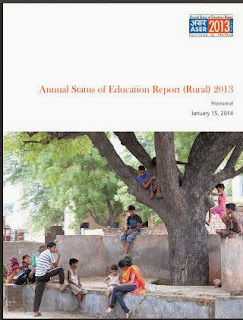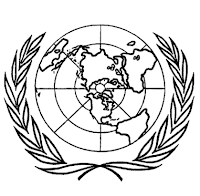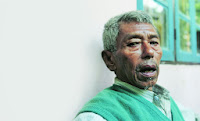[MLE] British Council: Language and Development Conference

Conference on Multilingualism and Development As part of the series of conferences on Language and Development the Britisch Council is this year organising a conference in Delhi on Multilingualism and Development The Website of the Britisch Council states: "The Language and Development series is a conference held every two years that explores the role of language in development. It addresses the issues of world, national, second and minority languages and the role they play in economic, social and cultural development; language policy, conflict transformation, language rights and identity; communication, education and development and language pedagogy. The Subthemes








